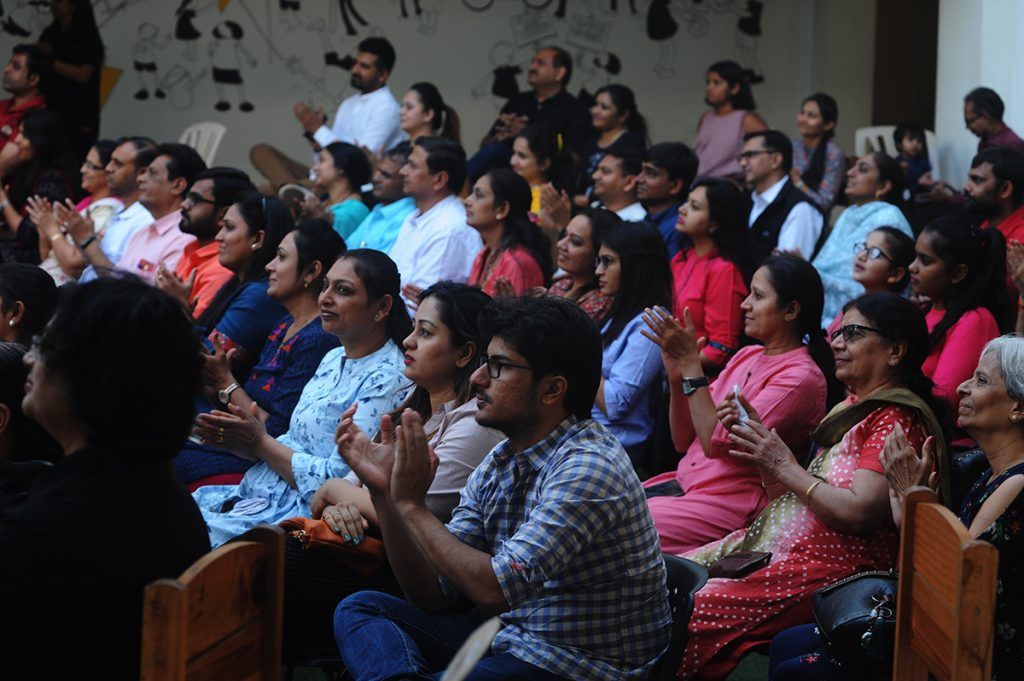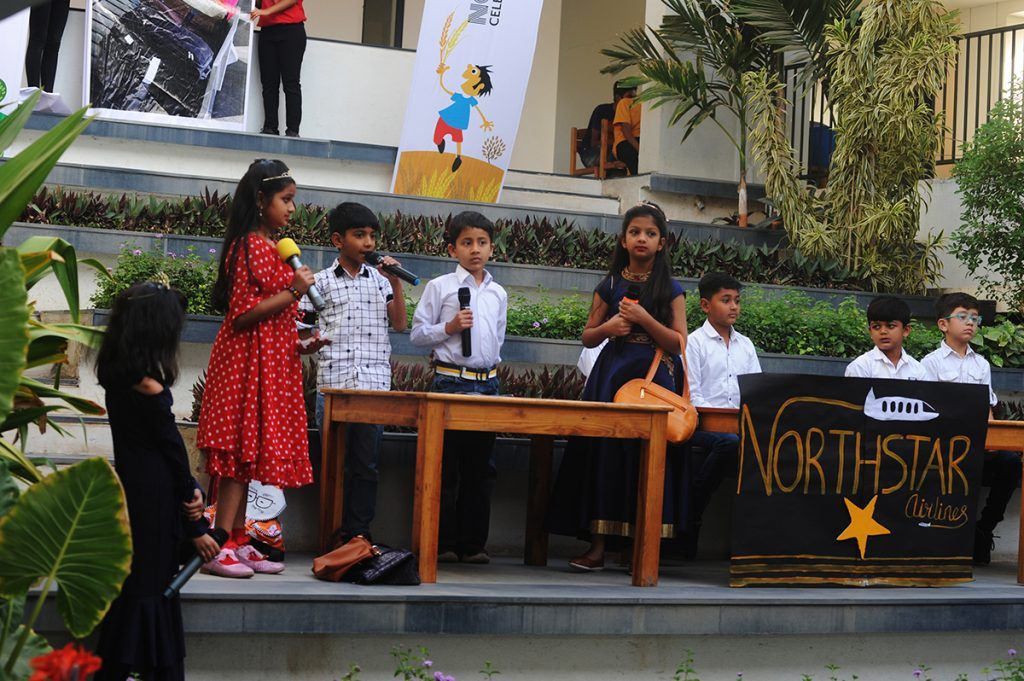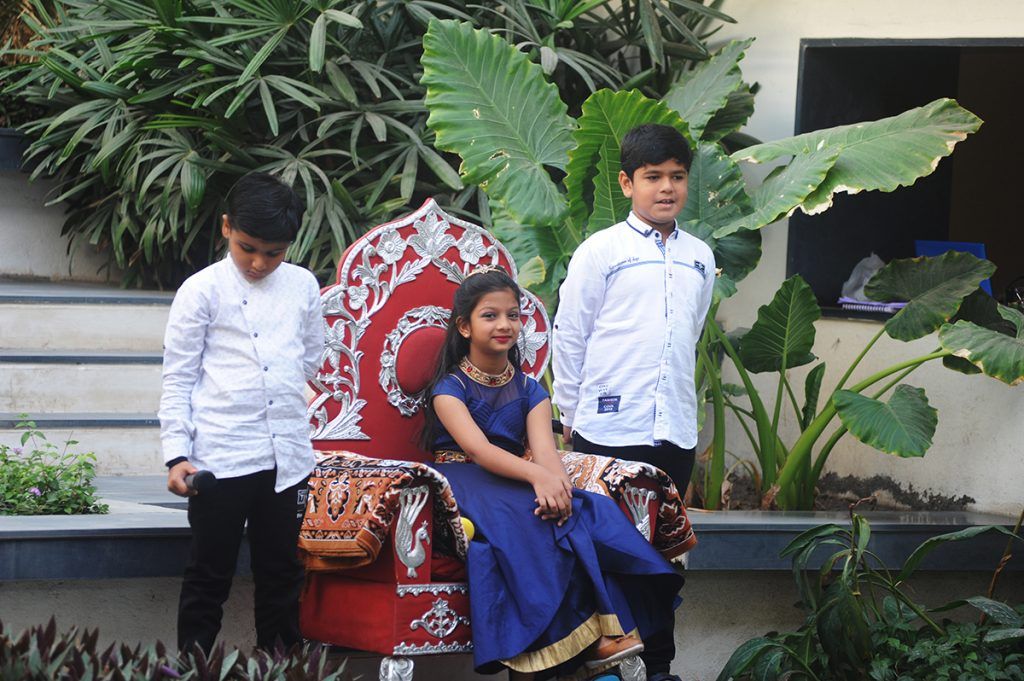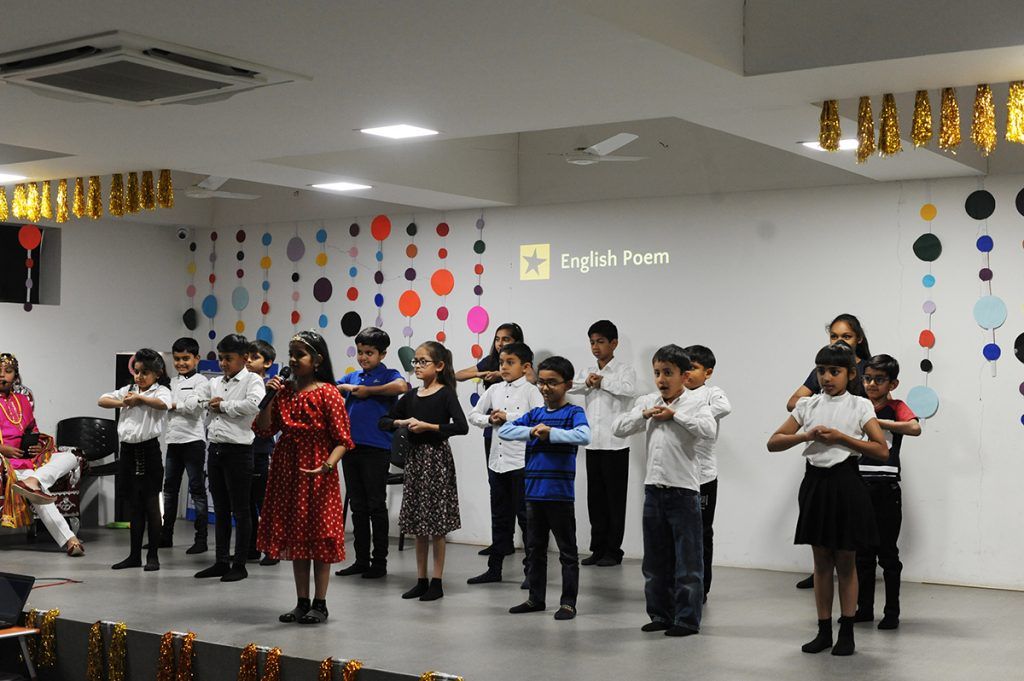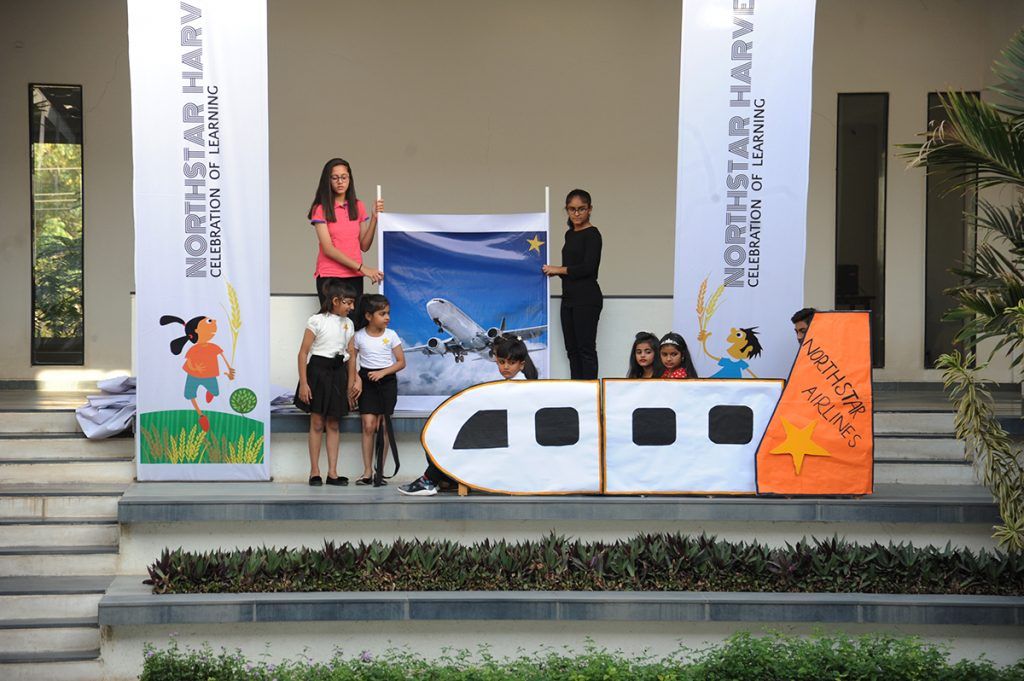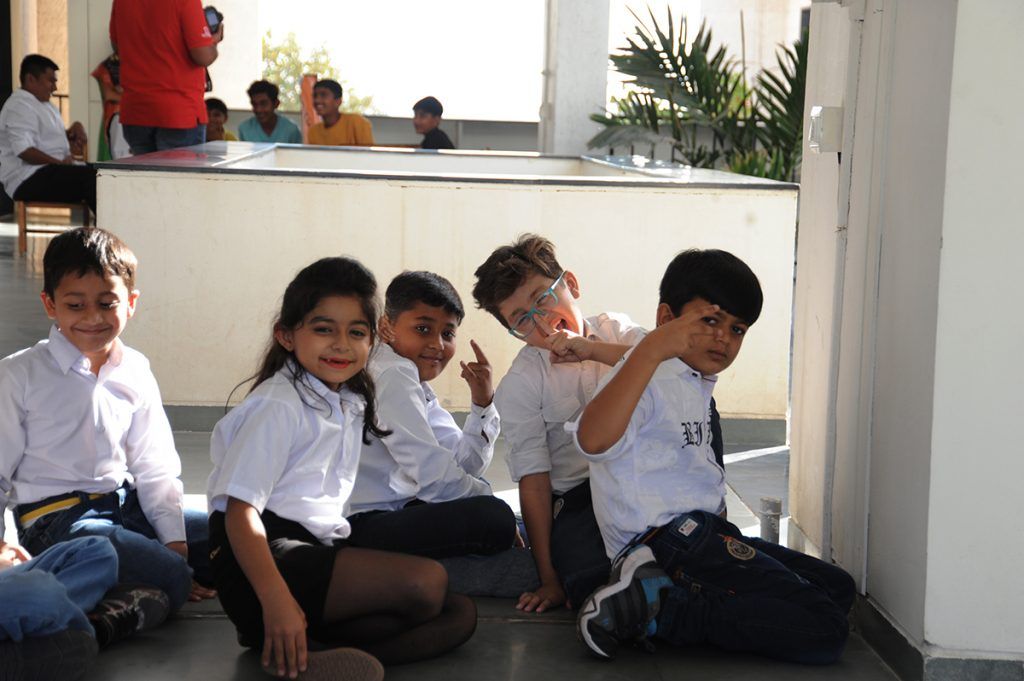Learning Opportunities Workshop: Applying Design Thinking to Learning

It is generally assumed that learning activities should happen within the four walls of a classroom with a blackboard on one wall and students seated in neatly arranged rows in front of it. In an effort to uncover the unproductive traits of traditional education so that we can change it for the better, Mette and I hung a huge question mark on this notion of ?restricting? learning to a single space. We asked ourselves: what can we learn from the rest of the campus? and how can we deliberately design the campus to support learning experiences? We started exploring all the possible sites for out-of-classroom learning: corridors, gardens, common spaces, stairs, etc, but we also pondered how we might redesign the classroom to allow for different kinds of ?in-class? learning experiences We were amazed to know that there are so many learning opportunities in our surroundings which are completely ignored. As we brainstormed these issues, we thought how wonderful would it be to get together a group of professionals from diverse fields and allow them to explore and think about all the learning opportunities that the Northstar campus might offer . It was an instantly appealing idea and without any delay we sat out do just that. Getting a group of amazingly talented and passionate people and get them talking about learning! The primary idea of the??Learning Environment Workshop (LEW)??workshop was to get?concrete ideas and suggestions on how to create opportunities for students to learn from the Northstar campus and surrounding community.
?Mette and I both have been introduced to design thinking as a way of exploring ideas.
I have experienced the amazing potential of Design Thinking in?Shrikant Datar's course at Harvard Business School. I was always eager to use these principles in the context of designing learning experiences and this was a great opportunity to do just that. Mette has been teaching Social Entrepreneurship using Design Thinking at various places including Boston, Maastricht and Yaounde.We find it an amazing method to explore new ideas in an organized manner. ?After going through multiple design iterations, we finally settled on a format for the workshop:a presentation by us, followed by activities and discussions by the participants that involved a lot of teamwork and finally a presentation by the participants themselves. The frame of mind that we wanted our participants to be in was that of a beginner.
We think it is extremely important for experts to keep a beginner's mind in order to come up with something entirely new and original.
The next step was to identify and approach potential participants. A key element for us was to get a diverse set of people who are experts in their respective domains while also being passionate about education.We spent quite bit of time in finding the right people and eventually we got an amazing bunch of people ready to brainstorm with us and each other. Here is a list of people who participated in the Learning Environment Workshop (LEW).
On the day of the workshop, we all gathered in a room on RK University campus. Design Thinking involves a lot of teamwork and collaboration. Many participants were new to such an approach of discussing and brainstorming, so the process itself became a learning experience. Eventually, we managed to sail through and come up with some extremely innovative ideas for learning experiences on the Northstar campus and in the surrounding community. Surely we would never have come up with such a wide array of ideas on our own. The power of collective intelligence (a key element of the Northstar Approach) was clearly on display in this workshop. In a way the workshop represents our philosophy of learning at Northstar: collaboration, exploration ,iteration, and visible performance are all crucial to our mission of fostering deep understanding. For us, the process of working and exploring idea together is often more important that the final outcome of such activities. This is not to say that the final outcome of the workshop was irrelevant. On the contrary, if the process is well planned and executed with participants adopting a beginner's mind and being open to feedback and suggestions, the final outcome invariably turns out to be great.
- MOHIT PATEL








